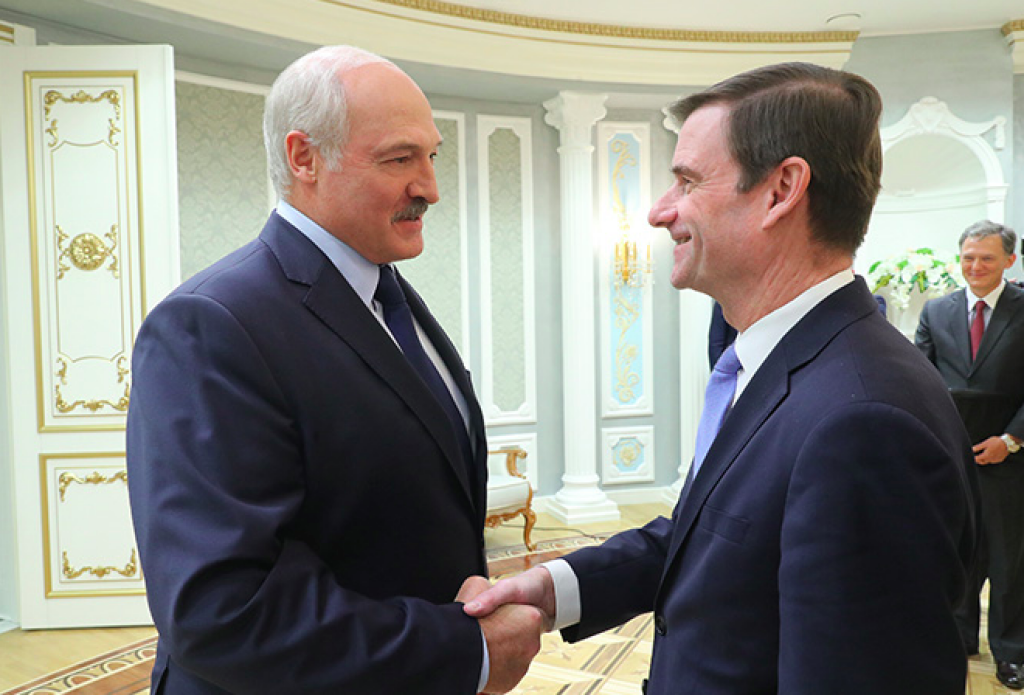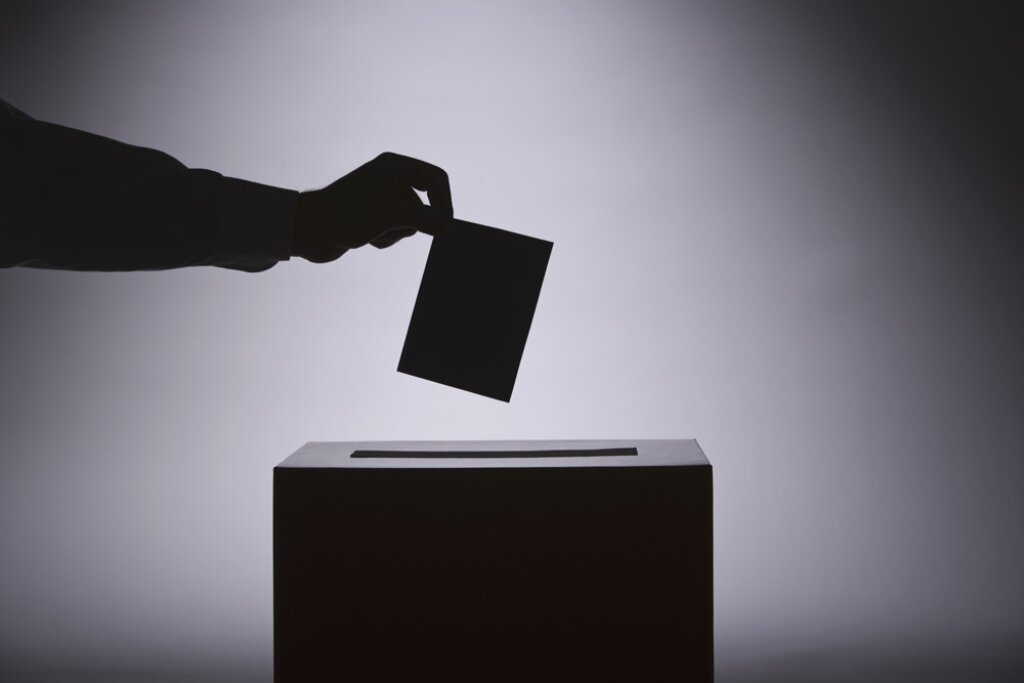Tatsiana Kulakevich is a Visiting Assistant Professor at University of South Florida. She has contributed analyses on Belarus to The Washington Post's Monkey Cage, The Globe Post, and other media.
On September 17, Under Secretary of State for Political Affairs David Hale announced that the U.S. and Belarus are resuming the exchange of ambassadors. Minsk and Washington decided to restore ties at the ambassadorial level after more than 11 years of “frozen” relations.
The last U.S. ambassador posted to Minsk was recalled in 2008 under threat of expulsion after the United States imposed additional sanctions on Belarus over the country’s deteriorating human rights situation and lack of free elections.
The normalization of Belarusian-American relations comes at a time when Russia is seeking to push Belarus to host another military base. The move can be considered a response to NATO's Eastern European expansion and the revival of a two-decade-old plan to form a union state between Belarus and Russia.
The Belarusian government has been actively seeking attention from the international community to send a message to the Kremlin protesting intensifying Russian encroachment.
The U.S., interested in containing Russia’s gradual advance in the buffer zone between the E.U. and Russia, has tried to encourage Belarus to improve its rights record. It has responded positively to the Belarusian president’s attempts to normalize the relationship between Belarus and the U.S.
Seeking external legitimacy
In July 2019, Lukashenka celebrated his 25th anniversary as president of Belarus. In an attempt to sustain his personalistic rule under increasing Russian pressure, Lukashenka has sought external legitimacy — an internationally recognized right that outsiders should not interfere in the domestic governance of Belarus.
The Belarusian government understands that unless it is able to improve relations with world powers, including the European Union and the U.S., Belarus might face a serious threat to its sovereignty from Russia.
The institution of sovereignty has persisted in part as a result of its widespread acceptance by most states. International actors can get the message across by voicing criticism of a regime’s performance and/or punishing with sanctions.
By demonstrating interest in responding to pressure from Russia and in order to ensure timely international response, Lukashenka removed a long-standing cap on the number of U.S. diplomats allowed in Belarus. U.S. officials saw this move as a sign that the Belarusian leader wishes to be on good terms with the West.
The Kirkpatrick Doctrine: Making friends with enemies
Engaging an autocrat who is demonstrating interest in a friendly relationship with Washington provides an opportunity for the United States to engage in active diplomacy and further cooperation with the Belarusian regime.
Resolving the stalemate between the U.S. and Belarus is a maneuver calculated to use close ties with the Belarusian regime to exert effective pressure for political liberalization and to send a signal to Russia that the costs of Russian encroachment in Eastern Europe will outweigh its potential benefits.
The thaw in the relationship between Belarus, which remains an autocratic state, and the U.S. after more than a decade of stalemate can be explained by the so-called “Kirkpatrick Doctrine.” Named after Jeanne Kirkpatrick, the first woman to serve as U.S. ambassador to the United Nations, the doctrine advocates support of authoritarian regimes if they support Washington’s aims.
Kirkpatrick argued that withdrawing U.S. support from friendly dictatorships was not simply a bad strategy, but morally wrong. She believed that such states could be led to democracy by example.
At the same time, Belarus represents a buffer zone between NATO and Russia and an important transit route for Europe-bound energy supplies. While understanding that Belarus remains Russia’s closest economically dependent military and political ally, and taking into account that Russia is unlikely to release its grip on Belarus in the near future, the United States has sought to increase its presence in the region and demonstrate its interest in containing Russia's influence over its neighbors.
Diversifying Western support
The renewal of diplomatic relations with the U.S. provides the Belarusian president with an opportunity to diversify the country's overall relationship with the West. In a situation where major E.U. countries have been pushing for the easing of sanctions against Russia and disagreeing on the subject of the Nord Stream 2 pipeline project, Lukashenka has been striving for a multi-vectored balancing strategy.
Although the E.U. has been unanimous in imposing sanctions on Russia and renewing them every 6 months, some European leaders have publicly expressed their discontent. Germany, France, Greece, Austria, Hungary, Italy and a number of other countries have repeatedly bemoaned the billions of euros lost to trade prohibitions and made statements about the need to reduce sanctions or lift them completely.
Differences among E.U. member-states are exacerbated by the Nord Stream 2 gas pipeline project, which is slated to be completed in 2020. Many E.U. members see the pipeline as a geopolitical project aimed at increasing Europe’s dependency on Russian gas. By triggering a rapprochement with the U.S., the Belarusian government aims to improve its bargaining position with Russia at a time when the E.U.’s ability to speak with one voice toward Moscow might be weakened by the controversial Nord Stream 2 pipeline. Given the fundamental disagreements between the pipeline’s supporters and opponents within the E.U., any prospective compromise will require extra effort.
For Lukashenka, diversifying the relationship with the West is a continuation of the strategy of fighting for the length of the leash on which he is being held by the Kremlin. He will try to make this leash longer, to allow him to remain independent. For his part, Putin is likely to shorten this leash.



